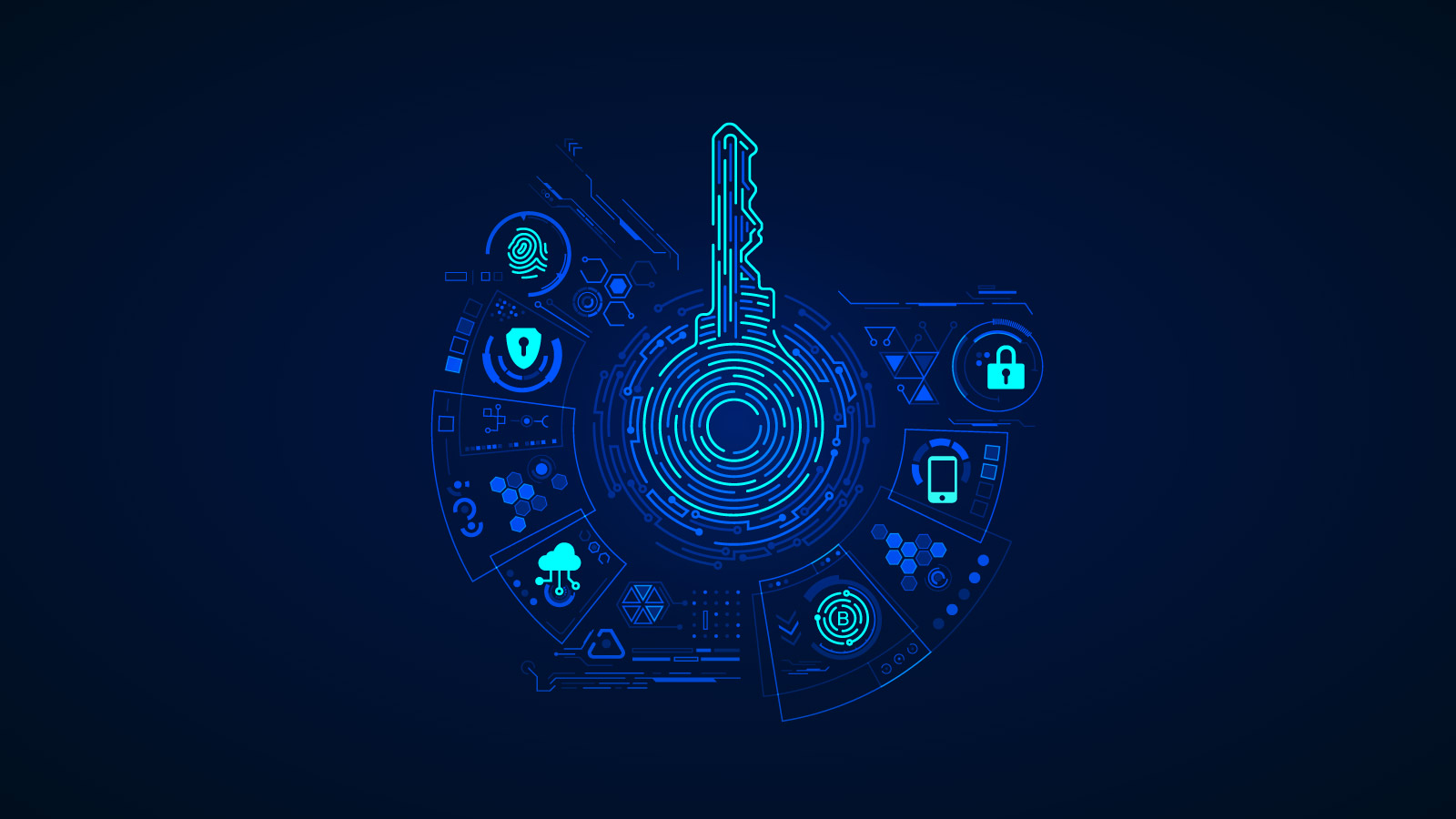When it comes to deciding which personal files to encrypt, it’s essential to focus on files that contain sensitive or confidential information. Here are some of the most important personal files that you should consider encrypting:
- Financial Documents: Encrypting financial documents such as bank statements, tax returns, investment records, and credit card statements is crucial. These files contain sensitive information like account numbers, social security numbers, and financial transactions that could be exploited if accessed by unauthorized individuals.
- Personal Identification Information (PII): Any files containing your personal identification information should be encrypted. This includes scanned copies of passports, driver’s licenses, social security cards, and other identity-related documents. Encrypting these files adds an extra layer of protection against identity theft or misuse of your personal details.
- Medical Records: Medical records often contain sensitive information about your health, medications, and medical history. Encrypting these files helps safeguard your privacy and protects sensitive details that you may not want to be accessed by unauthorized parties.
- Legal Documents: Legal documents such as contracts, wills, power of attorney, or any other legally binding agreements may contain confidential information. Encrypting these files ensures that the content remains secure and inaccessible to unauthorized individuals.
- Password and Login Information: While it’s generally recommended to use password managers to store and protect your login credentials, if you choose to keep a file containing passwords, encryption is crucial. Encrypting this file adds an extra layer of security, ensuring that your sensitive login information is protected.
- Personal Correspondence: If you store personal emails, instant message logs, or any other private correspondence on your computer, it’s advisable to encrypt these files. Encryption prevents unauthorized access to your conversations and helps maintain the privacy of your personal communications.
- Intellectual Property or Creative Work: If you’re working on a novel, screenplay, research paper, or any other intellectual property, encrypting these files is important. Encryption protects your creative work from unauthorized access or theft, ensuring that your ideas and efforts remain confidential.
Remember, the decision of which personal files to encrypt ultimately depends on the sensitivity of the information they contain and your level of concern about potential unauthorized access. It’s important to strike a balance between security and usability, ensuring that the files you choose to encrypt are those that could cause significant harm or breach your privacy if they fall into the wrong hands.


